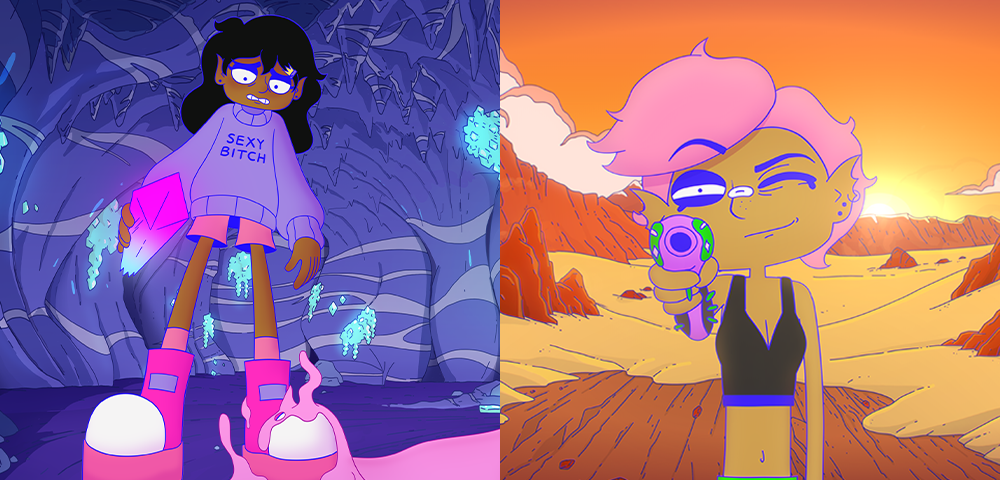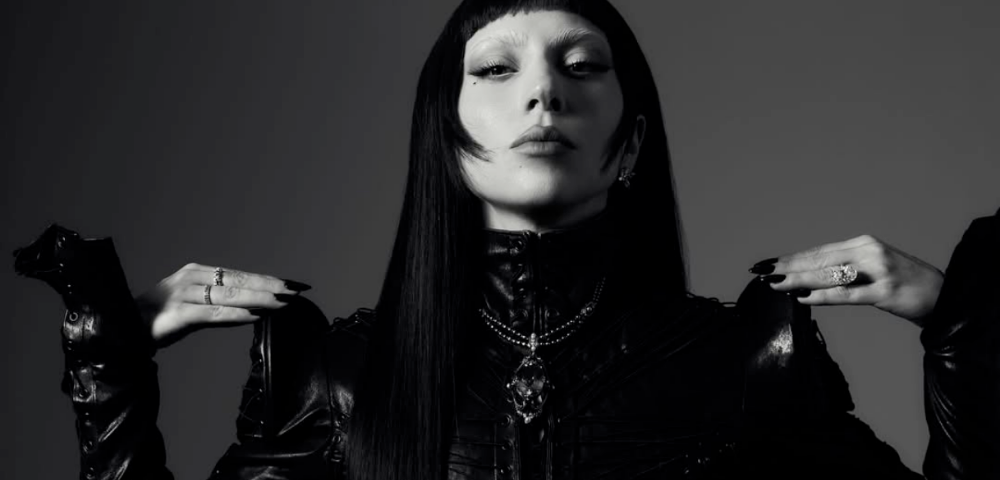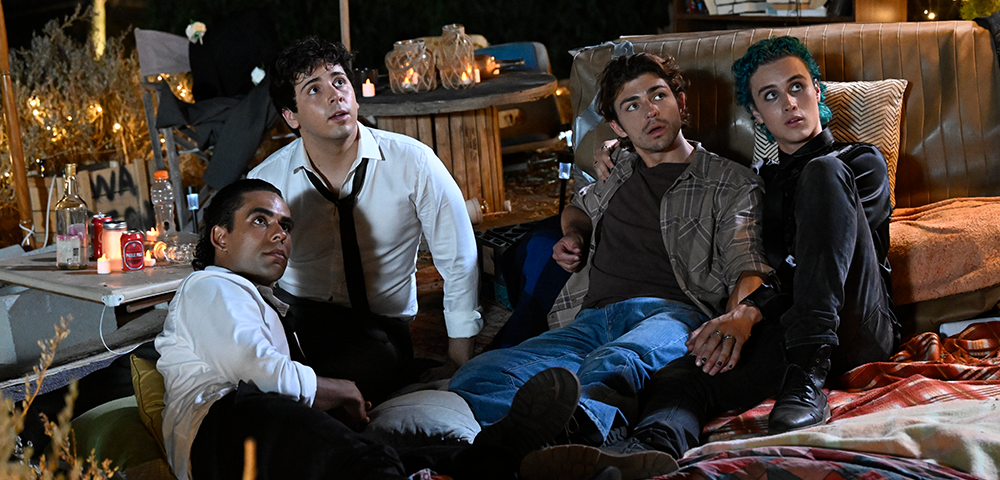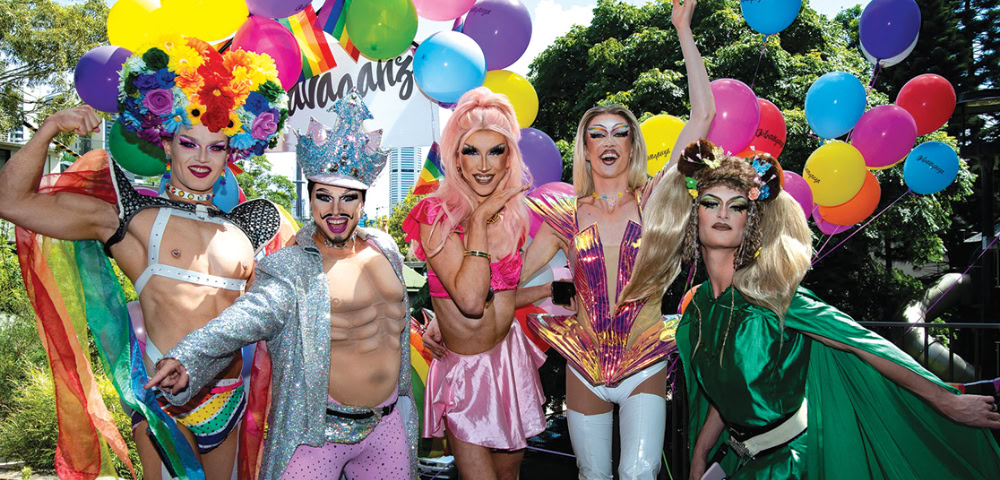
‘Are you a bystander?’: domestic and family violence in the LGBTI community
Bystanders can make a big difference to LGBTI people affected by domestic and family violence (DFV), and there are ways to respond appropriately and safely. ACON DFV Project Manager, Kai Noonan, talks to the Star Observer ahead of the launch of ACON’s new intervention toolkit.
***
Domestic or family violence (DFV) in any relationship are difficult to talk about.
Shame, embarrassment, and fear can play a role in preventing victims from speaking out, and those who come forward are regularly questioned or made to feel that their complaints are trivial.
For members of the LGBTI community, it’s often harder to speak about abuse than it is for the general population.
ACON’s DFV project manager Kai Noonan says LGBTI people deal with the same fears and issues preventing them from speaking out about their abuse as women in the general population, as well as other unique barriers.
“There’s the fear that they won’t be taken seriously about the abuse, and this stems from myths that men cannot be victims of domestic or family violence, and that women can’t be violent or can’t cause significant harm,” she says.
“As a minority community, we also have a higher threshold for abuse, which means that we are far more likely to tolerate abuse, not recognise more subtle forms of abuse, and not seek help for it when we do experience it. This stems from experiencing abuse, often in relationships from family, over the course of your life.
“And of course we have a legitimate fear of discrimination by police and service providers, and a fear of being outed.”
Over the past ten years ACON has developed poster campaigns, films, and online resources for the community in an attempt to raise awareness around DFV in LGBTI communities. Noonan says more research needs to be conducted into DFV in LGBTI communities.
“Research indicates that trans men and women and bisexual women are victims of DFV at higher rates than the rest of the community,” she says.
“We have a full-time DFV case manager and we have counsellors to work with victims. We have run intervention groups in the past and have plans to continue doing so.
“The main aspects of ACON’s DFV project are to conduct community engagement and research into the perpetration and experiences of domestic and family violence in LGBTI relationships and communities.”
Noonan adds that ACON also hopes to raise awareness around the importance of bystanders.
A bystander is someone who sees or knows about abuse, violence, discrimination, or bullying that is happening to someone else, but they themselves are not the victim or perpetrator.
Noonan says at some point most people will be a bystander to abuse.
“Because our community tends to report to police at much lower rates than the general population, we do need to rely on our friends and peers for support and to intervene,” she says.
“Bystanders are sometimes in a position to stop abuse from happening, to prevent abuse from escalating or to support someone involved.
“Intervening is not always an easy decision to make. There are plenty of very good reasons why someone might choose not to intervene in someone else’s abusive relationship.
“However there might also be ways that someone can help that will not cause further harm to the victim, to themselves or anyone else involved.”
For more information on LGBTI domestic and family violence:
Say It Out Loud
Say It Out Loud is a world-first online resource about LGBTIQ relationships found at sayitoutloud.org.au.
Intervention toolkit
A new ACON resource designed to help friends and peers overcome some of the barriers to intervening and to offer ways in which someone can intervene in a helpful way when they know or suspect that someone is in an abusive relationship.
Red Flags
A short, narrative film that follows a gay and a lesbian couple experiencing DFV.
Our Relationships
An eight-part mini-documentary series that delves into the lives and relationships of real NSW-based LGBTIQ identifying people.
To access the toolkit, view the video or for more information on DFV in LGBTI relationships, go to sayitoutloud.org.au.









